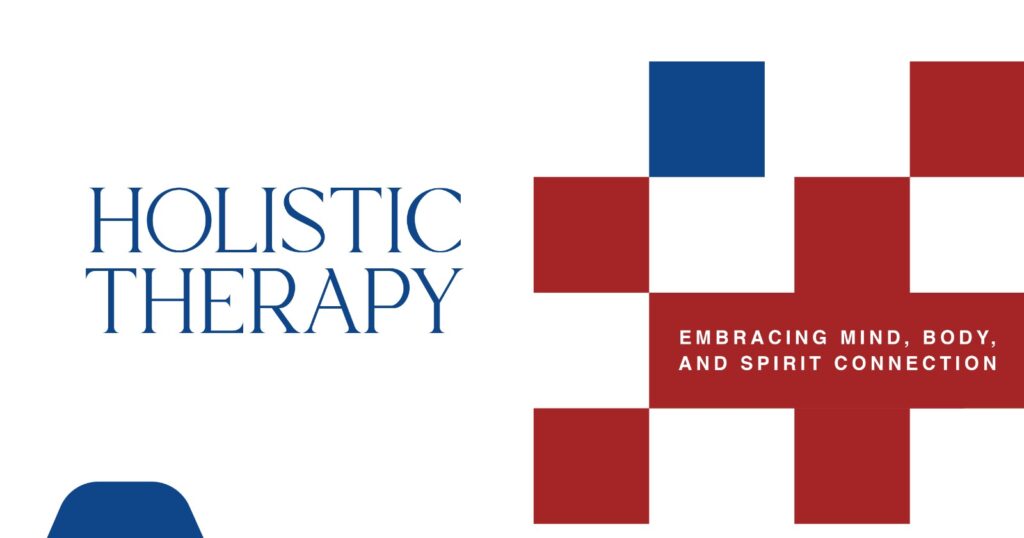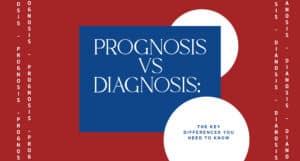Modern society is hectic, and the majority of people are pursuing holistic treatment in an attempt to find a balance between the mental, physical, and spiritual worlds. This approach emphasizes the overall factors of the individual and builds clarity of the mind, physical vigor, and emotional equanimity, rather than what the symptoms represent.
The holistic treatment using mindfulness meditation, alternative medicine, and integrative health techniques aids one to re-identify with oneself and also re-identify with the surrounding environment. It is both a process of self-discovery, healing, and transformation, which, in the long run, supports individual development and emotional health.
The Principles of Mindfulness Meditation
The holistic therapy has the focus of a form of meditation called mindfulness, which is a simple yet efficient practice that enables one to live in the moment. Mindfulness does not ask you to assess your thoughts, sensations, and feelings. This state of mind assists in uniting or bonding the body and mind, as well as bringing peace and self-realization.
The processes of concentration, reduction of anxiety, and stress management are events that can be exercised regularly. Mindfulness meditation allows one to respond and not react to difficulties, and it leaves a person with an impression of calmness and strength in day-to-day life.
First Responders of California
Alternative Healing Practices and Their Connection to Mindfulness
In addition to the above, other alternative healing methods like Reiki, acupuncture, sound therapy, and aromatherapy are usually combined with mindfulness meditation to make the healing process more effective. These practices are connected to each other by a single reason – the balance and energy restoration of the body.
These therapies, when done mindfully, become spiritual rather than purely physical. An example of this is how Reiki involves touch and energy exchange as a method of healing and mindfulness as a means of ensuring that the recipient is conscious of their body and how their emotions and energy respond to different stimuli.
Equally, acupuncture combined with meditation makes a person more relaxed and open to treatment, leading to both energy balance and emotional wellness.
Achieving Energy Balance Through Meditation
The idea of energy balance refers to the life force (commonly called chi or prana) flowing harmoniously within the body. Any disturbance of this flow may cause exhaustion, nervousness, or sickness. Mindfulness meditation enables you to focus on the inner energy and identify areas where there is an imbalance.
Here’s how mindfulness helps align your energy:
| Energy Type | Meditation Focus | Healing Outcome |
| Physical Energy | Deep breathing, body scanning | Relieves tension and fatigue |
| Emotional Energy | Loving-kindness meditation | Reduces anger, anxiety, and sadness |
| Spiritual Energy | Visualization and mantra | Increases peace and self-awareness |
With the help of regular meditation, one can improve the existing natural ways of healing the body and achieve long-term balance of energy, which is the essence of holistic therapy and integrative health.
Emotional Wellness and Mindfulness Techniques
Knowing how to handle your emotions, getting the time to know them, and being able to deal with them result in emotional wellness. Mindfulness meditation promotes this existence because it helps individuals to be conscious of when emotions set in, rather than being at the mercy of emotions. This is achieved to encourage acceptance, empathy, and emotional control, which are needed qualities to maintain mental peace.

Mindfulness enhances emotional intelligence and reduces emotional variability in the long term. The connections, communication, and empathy will also be reported to have been enhanced by the individuals who practice them regularly. Additional practices that could be used to improve mindfulness can include journaling and breath work that can result in sustainable self-improvement and de-stressing.
Integrative Health Approaches Incorporating Mindfulness
Integrative health can be defined as a mixture of both traditional medicine and complementary practices with an aim of achieving holistic treatment programs. They alter the impact of the strategies and make them more effective with the introduction of mindfulness meditation, which makes relaxation, self-promotion, and involvement of patients possible.
Medical practitioners typically prescribe yoga, acupuncture, or massage. This combination assists in recuperating from chronic diseases, reduces pain, and improves immunity. The integrative health concept is so beautiful in the sense that it is not a universal framework, but rather a customized strategy to full wellbeing through holistic therapy.
The National Institute of Mental Health has shared an article supporting an integrative health approach that incorporates mindfulness.
Natural Remedies Complemented by Mindfulness Practices
Nature provides not only curative help in the form of herbal teas and essential oils but also adaptive help, such as ashwagandha or turmeric. These natural therapies are more efficient in association with the mindfulness activity, as mindfulness causes the body to become more receptive to the therapy.
As an example, mindful tea ceremonies give you the opportunity to enjoy the warmth, smell, and feeling of the ground of the herbal infusions. When used in a meditative way, essential oils such as lavender and chamomile can be calming to the nervous system and uplift the mood. Mindfulness transforms mundane activities into therapeutic activities and enhances the bond between body, mind, and spirit.
Harvard Medical School offers trustworthy research on mindfulness, stress reduction, and the role of meditation in enhancing natural healing responses.
Stress Relief and Personal Growth Through Mindful Living
Relaxation is not enough as a way of coping with stress, but a change of mindset is what should be adopted. Mindful living contributes to individuals being trigger-aware, de-stressed, and objective in addressing issues. Patience, thankfulness, and hardiness will help in the development of the individual because mindfulness in ordinary life will encourage these qualities.
Here are some simple ways mindfulness supports stress relief:
- Meditative breathing relaxes the nerves.
- Journaling helps to reflect and comprehend.
- The graciousness practices cause us to focus on situations and transform them into positivity.
- Physical tension is released through embodied movement (e.g., yoga or tai chi).
- Exposure to nature brings sanity and clarity to the mind.
Such conscious existence is the means of developing the sense of inner stability that will impact not only emotional but also physical well-being, which are the two pillars of holistic treatment.
How Mindfulness Enhances Physical and Mental Resilience
Mindfulness meditation strengthens both the body and the mind. This has been proven to reduce blood pressure, increase the quality of sleep, and boost the immune system. Psychologically, it develops resilience – rapidity in bouncing back.
Once mindfulness is made a daily routine, it enhances attention, regulation of emotions, and cognitive flexibility. This unity of body and mind assists you in adjusting to the changes in life more easily in a centered manner. Mindfulness leads to resilience as a skill and a state of being.
First Responders of California
Building Daily Mindfulness Habits for Long-Term Health
You don’t have to make drastic changes to start a daily mindfulness routine. Go gradual, maintain, and focus on habitually applying mindfulness to your day. Have five minutes of meditation in the morning, giving gratitude before sleep, or full absorption when eating.
All these little steps will add up and boost your energy balance, boost emotional wellness, and strengthen your connection to self. Also, do bear in mind that holistic healing is not about being perfect, but it is about improvement and loving yourself.
Begin Your Holistic Healing Journey with First Responders of California
We also believe that healing begins internally at First Responders of California. Evidence-based holistic therapies are provided by our professional practitioners to the clients through mindfulness meditation, alternative healing, and integrative health methods.
We offer a safe and supportive setting where you can find relief from stress, achieve emotional stability, and reconnect with your inner power and become a complete version of yourself. Today is the day that your trip of harmony of mind, body, and spirit starts. We are the place to visit or call to see our staff and receive the care you need.

FAQs
1. How does mindfulness meditation contribute to emotional wellness and stress relief?
It increases self-awareness, minimizes negative thinking, and relaxes the nervous system. In the long run, it assists in the regulation of emotions and builds resilience, which encourages stress reduction in the long term and emotional well-being.
2. Can mindfulness meditation enhance natural remedies for achieving better energy balance?
Yes, by practicing mindfulness while using natural remedies, you heighten awareness of bodily sensations, making the body more responsive to healing and improving overall energy balance.
3. In what ways does mindfulness meditation support integrative health and alternative healing practices?
Mindfulness deepens the effects of alternative healing by aligning the mind and body, enhancing relaxation, and improving treatment receptivity – core principles of integrative health.
4. How can mindfulness meditation facilitate personal growth and emotional wellness?
It encourages self-reflection, compassion, and awareness. This self-understanding leads to emotional regulation and continuous personal growth. It enhances self-awareness, reduces negative thinking, and calms the nervous system.
First Responders of California
5. What role does mindfulness meditation play in balancing energy and promoting holistic health?
Through meditation and mindfulness, one is able to harmonize mental, emotional, and physical resources, which form a stable point towards a consistent state of holistic health.












